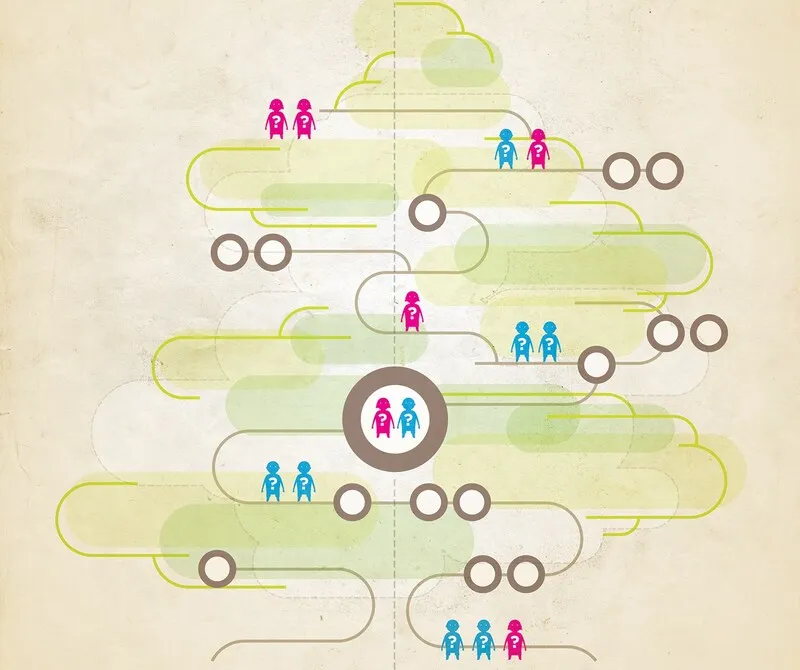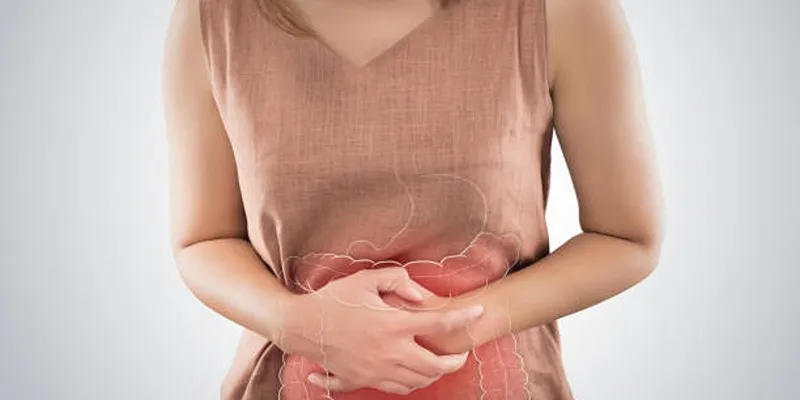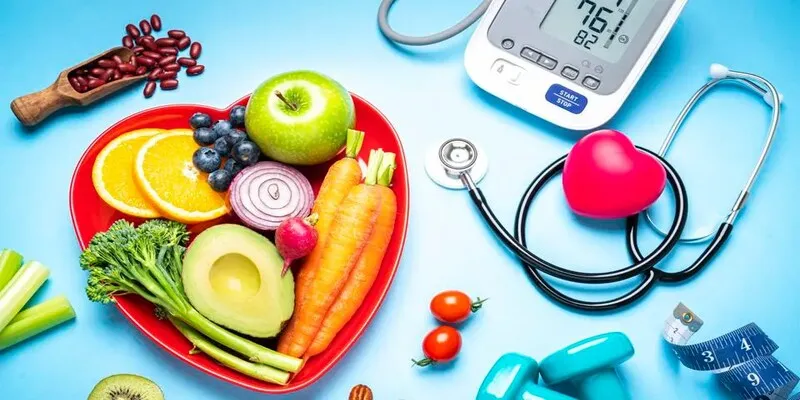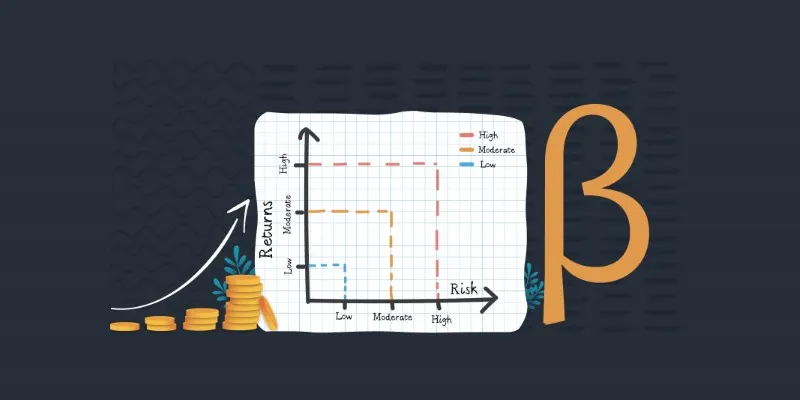10 Cancer Prevention Recommendations
Preventing cancer involves making informed lifestyle choices and adopting strategies that significantly reduce the likelihood of developing the disease. This article explores ten essential recommendations for minimizing cancer risk, focusing on evidence-based strategies that promote overall health and well-being. By implementing these methods, individuals can make wise choices to enhance their health and potentially reduce their risk of cancer in the future.
1. Maintain a Healthy Diet
Consuming a balanced diet is crucial for cancer prevention. A diet rich in fruits and vegetables provides essential vitamins, minerals, and antioxidants that help maintain cellular health. Foods high in fiber, such as whole grains and legumes, can also reduce cancer risk. Reducing intake of processed meats and high-fat foods, while incorporating more plant-based options, aligns with dietary recommendations for cancer prevention. Research suggests that specific foods like berries, leafy greens, and cruciferous vegetables may offer protective benefits against cancer.
- Fiber Intake : A high-fiber diet may be linked to a lower risk of colorectal cancer.
- Hydration : Drinking sufficient water supports overall health and aids in the body’s detoxification processes.
2. Engage in Regular Physical Activity

Regular exercise is vital in reducing cancer risk. It helps maintain a healthy body weight, which is associated with a lower risk of various cancers. Physical activity also enhances the immune system and overall health. Aim for at least 150 minutes of moderate-intensity exercise or 75 minutes of vigorous activity each week, along with muscle-strengthening activities twice or more weekly. Incorporating activities like walking, biking, and swimming can lead to long-lasting health benefits and cancer prevention.
- Consistency : Establishing a consistent exercise routine is more beneficial than sporadic intense workouts.
- Variety : Engaging in a range of activities can help target different muscle groups and improve overall fitness.
3. Avoid Tobacco Products
Tobacco use is a leading cause of several cancers, including lung, throat, and mouth cancers. Quitting smoking and avoiding secondhand smoke are crucial components of cancer prevention. Tobacco smoke contains harmful chemicals that can damage DNA and transform cells into cancerous ones. Support resources like counseling and nicotine replacement therapies can assist in the cessation process. Quitting tobacco is among the most effective ways to reduce cancer risk and improve overall health.
- Secondhand Smoke : Avoiding environments where others smoke can reduce exposure to harmful chemicals.
- Support Systems : Utilizing support groups or professional help can increase the likelihood of quitting successfully.
4. Limit Alcohol Consumption
Excessive alcohol consumption is linked to an increased risk of several cancers, including breast, liver, and colorectal cancers. Reducing alcohol intake can lower the risk of these types of cancer. For those who choose to drink, it’s advisable to keep consumption within moderate limits—no more than one drink per day for women and two drinks per day for men. Adhering to these guidelines supports cancer prevention and contributes to overall health.
- Alcohol-Free Days : Incorporating alcohol-free days into your week can help reduce overall consumption.
- Mindful Drinking : Paying attention to the amount and frequency of alcohol intake helps maintain moderation.
5. Protect Yourself from Excessive Sun Exposure
Ultraviolet (UV) radiation from the sun is a known risk factor for skin cancer. To mitigate this risk, apply sunscreen with high SPF, wear protective clothing, and seek shade during peak sunlight hours. Avoid using tanning beds, as they expose you to artificial UV radiation that increases skin cancer risk. Regular skin checks for unusual changes or new growths are also recommended.
- Sunscreen Reapplication : Reapply sunscreen every two hours, or more frequently if swimming or sweating.
- Shade : Seek shade between 10 a.m. and 4 p.m. when UV rays are strongest.
6. Get Regular Screenings
Regular cancer screenings are vital because they can detect the disease early or even before it develops. The type of screening needed depends on age, gender, and family history of cancer. Common screenings include mammograms (breast X-rays), colonoscopies (large intestine examinations), and Pap smears for cervical cancer. Early detection significantly impacts treatment outcomes and survival rates. Consulting healthcare professionals about the frequency of screenings based on individual risk factors is an active approach to cancer prevention.
- Personalized Schedule : Customize screening schedules based on personal and family medical history.
- Follow-Up : Ensure timely follow-up on any abnormal screening results for further evaluation.
7. Maintain a Healthy Weight
Obesity is linked to an increased risk of several cancers, including breast, prostate, and colon cancer. Maintaining a healthy weight through a balanced diet and regular exercise is essential for reducing cancer risk. Effective weight management supports overall health and reduces the likelihood of developing cancer-inducing conditions. Monitoring body weight and making dietary and exercise adjustments can help maintain good health and prevent cancer over time.
- Body Mass Index (BMI) : Regularly monitor your BMI to assess whether you’re within a healthy weight range.
- Diet Adjustments : Make gradual changes to your diet to ensure sustainable weight management.
8. Be Informed About Family History

Family history plays a role in cancer risk. Being informed about personal and family medical history can help assess cancer risk and guide preventive measures. Those with a family history of cancer may benefit from genetic counseling and testing to identify inherited risk factors. Awareness of family health history aids in making informed lifestyle choices and determining appropriate screening protocols to reduce cancer risk.
- Genetic Testing : Consider genetic testing if there is a strong family history of cancer.
- Family Discussions : Share cancer history with family members to ensure they are aware of their potential risks.
9. Practice Safe Handling of Chemicals
Exposure to chemicals and environmental toxins can increase cancer risk. Taking precautions, such as using protective measures when handling chemicals at home or work, can help mitigate this risk. Reducing exposure to known carcinogens, such as certain industrial chemicals and pesticides, is a crucial aspect of cancer prevention.
- Protective Gear : Always use appropriate safety equipment, such as gloves and masks, when handling chemicals.
- Ventilation : Ensure good ventilation in areas where chemicals are used to reduce inhalation of harmful fumes.
10. Stay Up-to-Date with Vaccinations
Certain vaccines can protect against cancers caused by viruses. Vaccines like the human papillomavirus (HPV) vaccine can prevent cervical cancer, throat cancer, and other HPV-related cancers. Additionally, the hepatitis B vaccine can help prevent liver cancer associated with hepatitis B infection. Ensuring you are up-to-date with recommended vaccinations can help reduce cancer risk and maintain overall health.
- Vaccination Schedule : Adhere to recommended vaccination schedules for maximum effectiveness.
- Consult Healthcare Providers : Discuss vaccination options with healthcare providers to determine what is appropriate based on personal health history.
Conclusion
By incorporating these ten recommendations, individuals can play an active role in cancer prevention and enhance their overall health. Making informed lifestyle choices and engaging in preventive measures can reduce cancer risk while promoting overall wellness.











